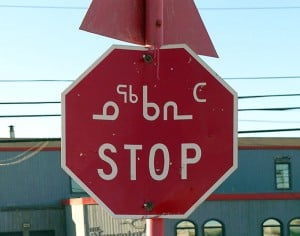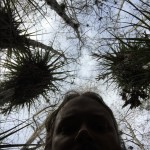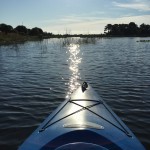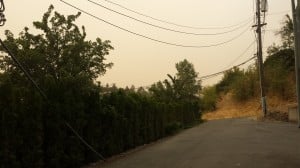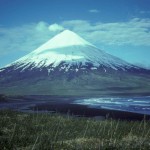There are many of us who would like nothing more than to live a subsistence lifestyle. We would like to be able to live light on the land, in partnership with the Earth and the other creatures we share Her with. If we could, we would live without cars or grid electricity and all the fossil fuels those depend on, choosing instead to use the energy that we could glean from the sun, wind, water and geothermal power that was available to us on the land where we reside for our very basic needs. Unfortunately, there is a deep and unavoidable problem with that lifestyle, and we can’t reconcile the life we want with the life we find that we must live.
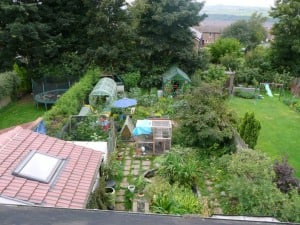
The problem of subsistence living is that, for all the things it can provide, political power is the one thing that it does not include.
Political power, in the world in which we now live, comes from the use of money and violence. The power to make and shape laws comes from the accumulation of wealth which can be used to sway voters and legislators, city councils and bureaucrats. A little bit of money is not enough. Only the kind of money that can be found in corporations and those who control them is sufficient to make any major impact on the political environment around us. Only those whose livelihood is centred around money — and gaining lots of it — have what it takes to control the livelihoods of all others through the political process.
And political power is not a luxury. It is a basic need. There is no subsistence without the political will to maintain an environment where all the other forms of subsistence living are possible.
If collecting rainwater is illegal, you may have no choice but to buy water instead. If the water in your family well is poisoned by fracking, you certainly will have to find money to bring in water from outside. If corporations are allowed to bottle the water in your drought ravaged state, but you are not allowed enough water for the basic plants in your veggie garden, you have to buy not only water, but food from outside.
This is one subject, one piece of the big political puzzle that affects our ability to live in harmony with the Earth. And I only mentioned problems in the U.S., but it is not just Americans that face these sorts of political problems. In Spain, the government flip-flopped from encouraging people to put in solar panels, agreeing to pay people for the electricity that they feed back into the grid, to charging people both for their connection to the grid AND for the electricity that they themselves generate and use from their own solar panels. Spaniards call it the “Sun Tax”. In Australia, too, owners of solar panels now have to pay the government for the honor of feeding electricity into the grid.
It’s clear why the laws are being written and enforced in this way. Just follow the money.
If I am a child of the Earth, how can I care for Her when profit and Her well being are at odds?
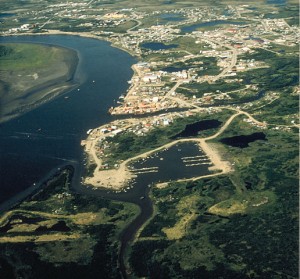
The Atlantic recently ran a piece called “When Global Warming Kills Your ‘God'” about a Yup’ik community in which 23 men were convicted of illegally fishing in their local waters. This is a community that has been forced by western missionaries and government to live in a single village instead of following their traditional nomadic patterns. Still, they have held on to their language and much of their culture. But global warming and over fishing by those who take fish for profit instead of subsistence have decimated the salmon population that the Yup’ik rely on, not just for food but for a sense of continuity in the world. To add insult to injury, as the waters rise to swallow their villages, the people are also being told that they can’t fish. They can’t do the basic things that are part of their subsistence life, their careful dance with the Earth and the Salmon, because a law was passed far away in the Alaska State Legislature.
This truly is a religious rights issue. And while I will not at all claim the depth of right that the Yup’ik have considering the levels of injustice they have already endured, it is still a battle that we must fight for them and for us.
I imagine that, had they had a real voice in the making of the legislation, a deal could have been worked out that provided for both the Yup’ik traditional ways to be upheld and the protection of the salmon. It is, after all, a major tenet of their belief system that they live in an interdependent relationship with the salmon. But their voices weren’t heard, and they were not provided with even the basic protections which they have been promised.
